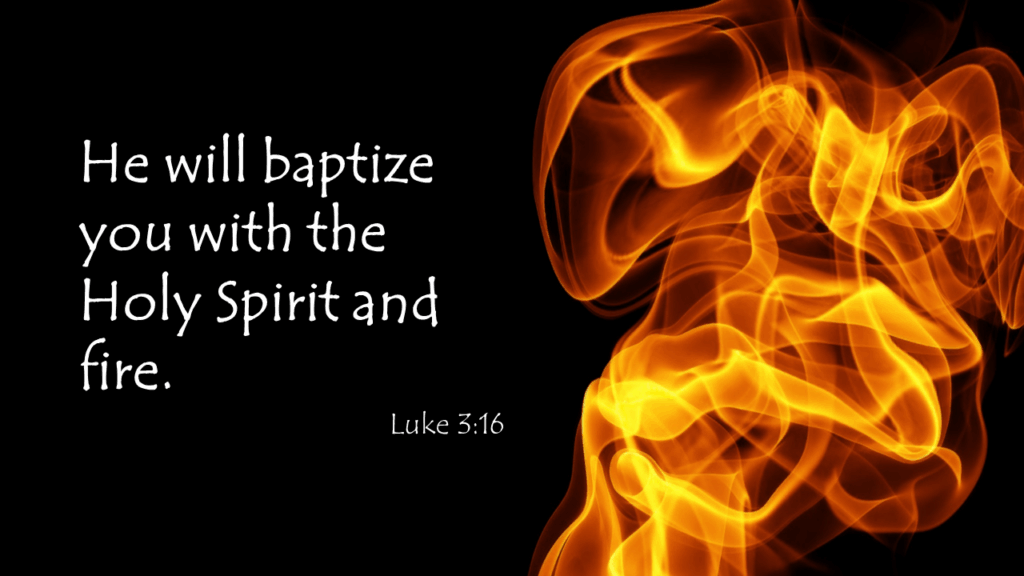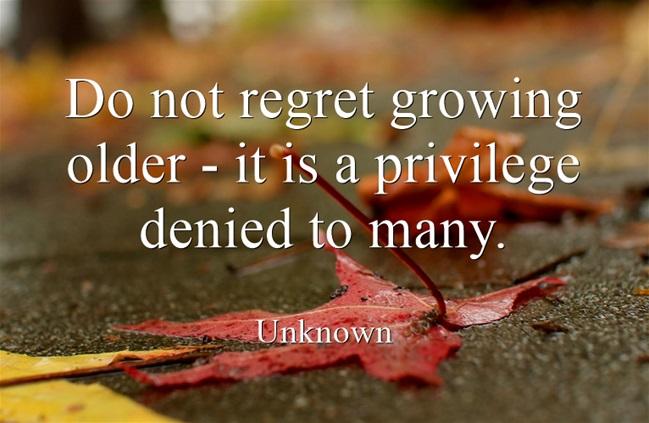“You have taken account of my wanderings; Put my tears in Your bottle. Are they not recorded in Your book? – Psalm 56:8 AMP
One of the most powerful images in Scripture is found in Psalm 56:8. It is a wonderful verse that begs to be underlined: “You have collected all my tears in your bottle.”
Yesterday, as we gathered with family for a Father’s Day celebration, I watched four of my grandchildren running around. I saw thirteen-year-old Joseph run by with a smile, and that made my heart smile. Joseph is our grandson who is on the autism spectrum, and years ago a gathering with many people having conversations would have been difficult for Joseph. I looked at his mother and said, “The Bible speaks of God gathering our tears in a bottle. Mine must be quite large from the prayers for our grandchildren.”
Gaylon and I pray for our children and grandchildren every day and have done so for many years. There have been many tears.
There are all kinds of tears. There are the tears a child has when growing up in an abusive environment. There are the tears of parents as they see their daughter at the matrimonial altar. There are the tears of a mother who sees her child going through cancer treatments. There are the tears when a mother and father lay eyes on their first child or grandparents holding the first grandchild. There are the tears that stain the death certificate as a young wife sends them to the various places needed. There are the tears on the faces of grown men after winning a national championship. Yes, there are all kinds of tears.
Then, there are the tears shed in prayer – often years of prayer. Psalm 56 lets us know that God sees every tear that falls down our cheeks as we pray for those things that burden our hearts.
Have you ever been so burdened that you thought the tears would never stop? There you were with just you, God, a hurting heart, and buckets of tears. I want you to envision that heaven collects every one of those tearful prayers. They are precious to God.
When I think God is taking too long, or I wish God would relieve the pain of the situation, I try to remember that God heard every prayer and saw every tear. Whether literally or figuratively, God has a big apothecary jar with my name on it. He has seen every painful tear I have shed. Then, one day, it is as if he uncorks the bottle, pours out the collected tears, and they become showers of blessings in my life or the lives of my family.
The seasons of burden can be long and hard. I refuse to stop sending prayers and tears to heaven. I believe that one day those tears will change the lives of my children and my grandchildren. What is happening in my life is not unseen by heaven. My situations are in His hands, and my tears are in His bottle. Even after I die, they will still affect the generations behind me. In God’s time, He will uncork the bottle and rain down on the generations behind me.
The Psalmist wrote, “You have taken account of my wanderings; Put my tears in Your bottle. Are they not recorded in Your book?” Psalm 56:8 AMP. It was possibly a rhetorical question at the end, but one to remind us that God sees every tear and every sorrow. For me, knowing that the Creator of the universe cares about my pain makes it more bearable.
God sees. God cares. God upholds. God blesses even the generations I have not yet seen because of the tears shed in the prayer closet.










